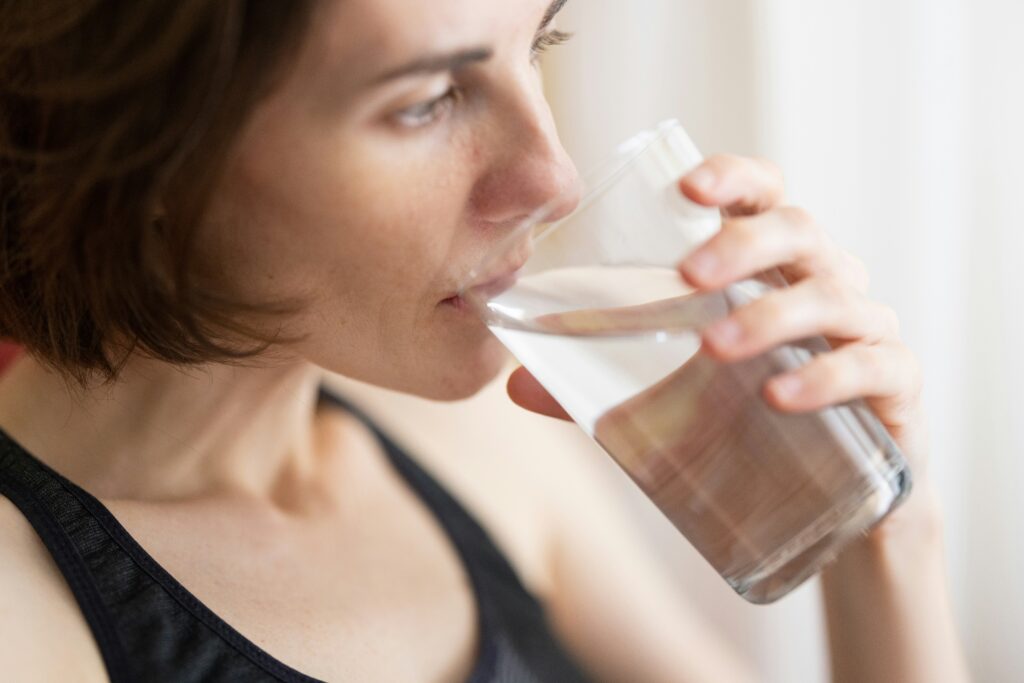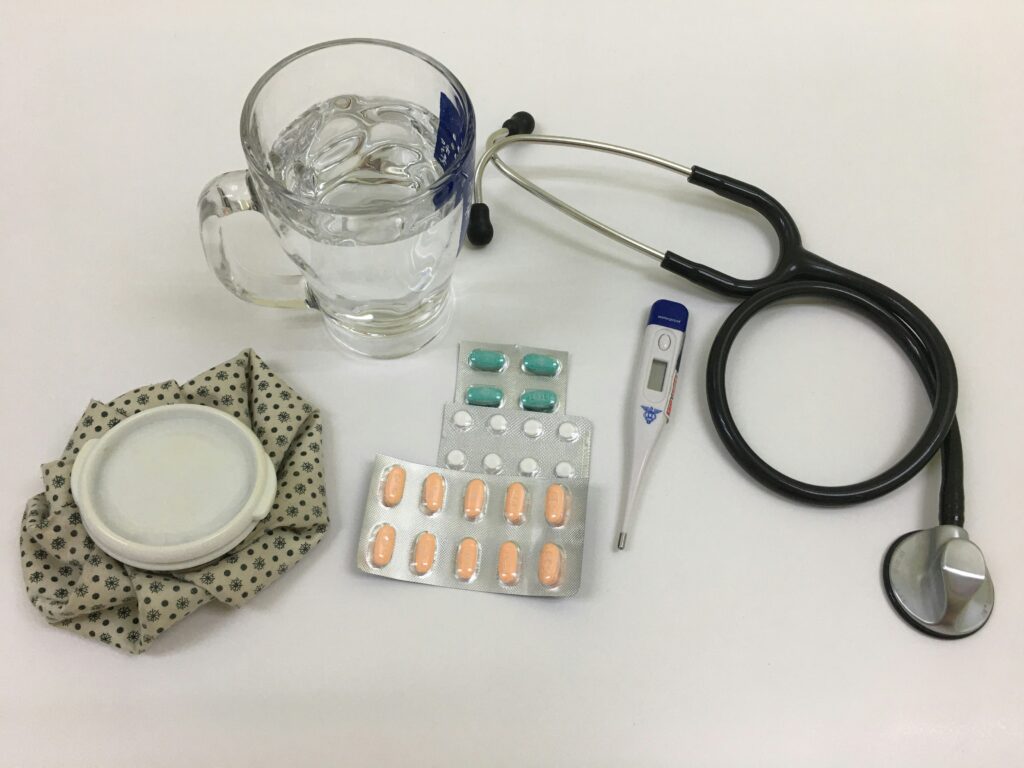
Introduction
Water is the foundation of life, yet its importance is often underestimated, especially for older adults. Dehydration is a silent but serious health risk that can impair physical brain function, weaken the body, and even lead to hospitalization. As we age, changes in kidney function, a diminished sensation of thirst, and other physiological shifts make staying hydrated more challenging—but even more critical.
This comprehensive guide explores:
- Why hydration becomes harder with age
- How dehydration impacts body function
- Key strategies for recognizing signs of dehydration
- Practical tips to ensure proper hydration daily
By the end, you’ll understand how maintaining fluid intake can positively impact physical and cognitive health in older adults.
Why Hydration is Crucial for Older Adults

Water makes up about 60% of an adult’s body weight and is involved in nearly every body function, including
- Regulating blood pressure
- Lubricating joints
- Aiding digestion
- Flushing out toxins
- Supporting brain function
However, older adults face unique challenges that increase their risk of dehydration:
- Reduced Thirst Sensation
The sensation of thirst declines with age, meaning seniors may not feel thirsty even when their bodies need fluids. This is one of the primary reasons dehydration is so common among older adults.
- Changes in Kidney Function
Kidneys lose some of their ability to concentrate urine and retain water as we age. These changes in kidney function mean older adults lose more water through urine, requiring more conscious fluid intake.
- Medication Side Effects
Many medications, such as diuretics (water pills), blood pressure drugs, and laxatives, increase fluid loss. Others may cause excessive sweating or dry mouth, further contributing to dehydration.
- Mobility and Cognitive Challenges
Arthritis, Parkinson’s, or dementia can make it physically difficult for seniors to access water. Memory issues may also lead to forgetting to drink.
- Higher Risk of Chronic Conditions
Diabetes, heart disease, and infections increase fluid needs, while some conditions (like incontinence) may discourage drinking enough to avoid frequent bathroom trips.
Recognizing Signs of Dehydration in Older Adults

Dehydration working unnoticed can lead to severe complications, including urinary tract infections, kidney stones, confusion, and even hospitalization. Early detection is key.
Mild to Moderate Dehydration Symptoms
- Dry mouth, lips, or skin
- Dark yellow or amber urine (a key sign of insufficient fluid intake)
- Fatigue or dizziness
- Headaches
- Muscle cramps
- Reduced urine output
Severe Dehydration Symptoms
- Rapid heartbeat
- Low blood pressure (leading to lightheadedness or fainting)
- Sunken eyes
- Confusion or irritability (due to impaired brain function)
- Lethargy or unresponsiveness
If severe symptoms appear, seek medical help immediately.
How Dehydration Impacts Health in Older Adults

- Cognitive Decline and Impaired Brain Function
Even mild dehydration (a 1-2% loss of body water) can lead to:
- Poor concentration
- Short-term memory issues
- Mood swings
- Increased risk of delirium
Studies show that proper hydration helps maintain physical brain function, reducing the risk of cognitive decline.
- Increased Fall Risk
Dehydration causes dizziness and low blood pressure, increasing the likelihood of falls—a primary concern for older adults.
- Digestive Problems
Insufficient water intake leads to constipation, a common issue among seniors.
- Urinary and Kidney Issues
Concentrated urine from dehydration raises the risk of:
- UTIs (urinary tract infections)
- Kidney stones
- Kidney damage
- Worsening Chronic Conditions
Heart disease, diabetes, and high blood pressure can all be exacerbated by dehydration.
How Much Water Do Older Adults Need?

While the standard recommendation is eight glasses (64 oz) per day, individual needs vary based on:
- Body weight (½ to 1 oz per pound of body weight)
- Activity level
- Climate (hot weather increases needs)
- Health conditions (e.g., fever, diarrhea, or diabetes require more fluids).
A doctor can provide personalized guidance, but a good rule is
- At least 6-8 cups of fluids daily (water, herbal tea, broth)
- More if sweating or ill
10 Practical Tips for Staying Hydrated
- Drink Water Regularly (Even If Not Thirsty)
Since thirst diminishes with age, set reminders to drink water every hour.
- Eat Hydrating Foods
Incorporate water-rich foods like
- Fruits: Watermelon, oranges, strawberries
- Vegetables: cucumbers, celery, lettuce
- Soups & Broths
- Keep Water Accessible
Place water bottles in frequently used areas (e.g., the dining room and bedside table).
- Flavor Water Naturally
If plain water is unappealing, try
- Lemon or lime slices
- Mint leaves
- Berries
- Cucumber
- Monitor Urine Color
- Pale yellow = well-hydrated
- Dark yellow = needs more fluids
- Limit Dehydrating Drinks
Reduce:
- Caffeine (coffee, tea, soda)
- Alcohol
- Use Hydration Apps or Trackers
Apps like WaterMinder or simple journaling can help track fluid intake.
- Drink Before Meals
A glass of water 30 minutes before meals aids digestion and ensures consistent intake.
- Opt for Electrolyte Solutions When Needed
If recovering from illness or sweating heavily, drinks with electrolytes (like coconut water or oral rehydration solutions) help restore balance.
- Caregiver Support
For seniors with memory or mobility issues, caregivers should:
- Offer fluids frequently.
- Use easy-to-hold cups with straws.
- Monitor for signs of dehydration.
Special Considerations for Seniors with Health Conditions

- Heart or Kidney Disease
Excess fluid can be harmful. Always follow a doctor’s recommended intake.
- Diabetes
Water helps regulate blood sugar. Opt for sugar-free fluids.
- Incontinence
Instead of reducing fluids, schedule bathroom trips and strengthen pelvic muscles.
Conclusion: Make Hydration a Daily Priority
Dehydration is a preventable yet dangerous condition for older adults. By recognizing signs of dehydration, understanding how changes in kidney function and thirst sensation affect hydration, and implementing simple strategies like keeping water in the dining room, seniors can maintain proper hydration and enjoy better physical and brain function, stable blood pressure, and overall health.
Staying hydrated isn’t just about drinking water—it’s about safeguarding independence, mental clarity, and longevity. Start today by setting a fluid intake routine and monitoring for signs of dehydration. Your body (and mind) will thank you!
